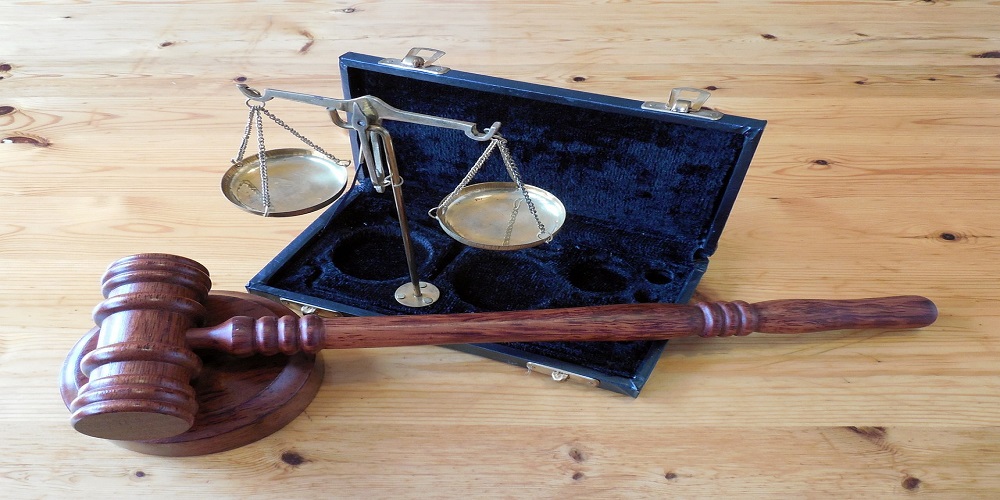Social media has become an integral part of our daily lives, with billions of users worldwide. Its impact on society is significant, including in the criminal justice system. Social media in criminal proceedings presents both challenges and opportunities.
This article will explore the various roles that social media plays in criminal proceedings in Canada, its challenges and opportunities, and the need for a balanced approach.

The Role of Social Media in Criminal Investigations
Social media is increasingly used by law enforcement agencies to investigate criminal activities. Social media platforms like Facebook, Twitter, Instagram, and Snapchat have become virtual crime scenes where suspects and witnesses can be identified. Law enforcement agencies use social media to gather evidence, monitor suspects, and track criminal activities. However, this can also lead to issues of privacy violations and constitutional rights violations, making it necessary to strike a balance between law enforcement activities and individual rights.
Social Media as a Source of Evidence in Criminal Trials
Social media has become a valuable source of evidence in criminal trials, including text messages, posts, and photos. Social media evidence is admissible in court, and it has been used to secure convictions in several cases. However, social media evidence is not always reliable and may be subject to manipulation or fabrication. Lawyers, judges, and jurors need to be aware of the challenges associated with social media evidence to ensure fair trials.
Social Media and Jury Selection
Social media has also had an impact on jury selection. Lawyers and law enforcement agencies can use social media to gather information about potential jurors. This information can be used to challenge juror impartiality, and it can also be used to select jurors with specific biases. This raises issues of fairness in the jury selection process, and it underscores the need for regulation.
Social Media and Victim Impact Statements
Victim impact statements are statements made by victims of crimes, and they are often used in sentencing hearings. Social media has given victims a platform to share their stories and experiences, and it has become a valuable tool in the victim impact statement process. Victims can share their statements on social media platforms, and this can help to raise awareness of their experiences and the impact of the crimes on their lives.
Social Media and Public Opinion
Social media has become a significant factor in shaping public opinion about criminal cases. Social media platforms are used to share news and opinions about criminal cases, and they can influence public perceptions of the cases. This can have an impact on the fairness of the trials, and it can also affect the reputations of those involved in the cases.
Conclusion
Social media presents both challenges and opportunities. The use of social media has become increasingly prevalent in criminal investigations, as a source of evidence in criminal trials, in jury selection, victim impact statements, and in shaping public opinion. However, it also raises issues of privacy, fairness, and reliability.
As a responsible citizen, it is important to be aware of the impact of social media in criminal proceedings. We need to ensure that the use of social media is regulated and that it does not violate the constitutional rights of individuals.
